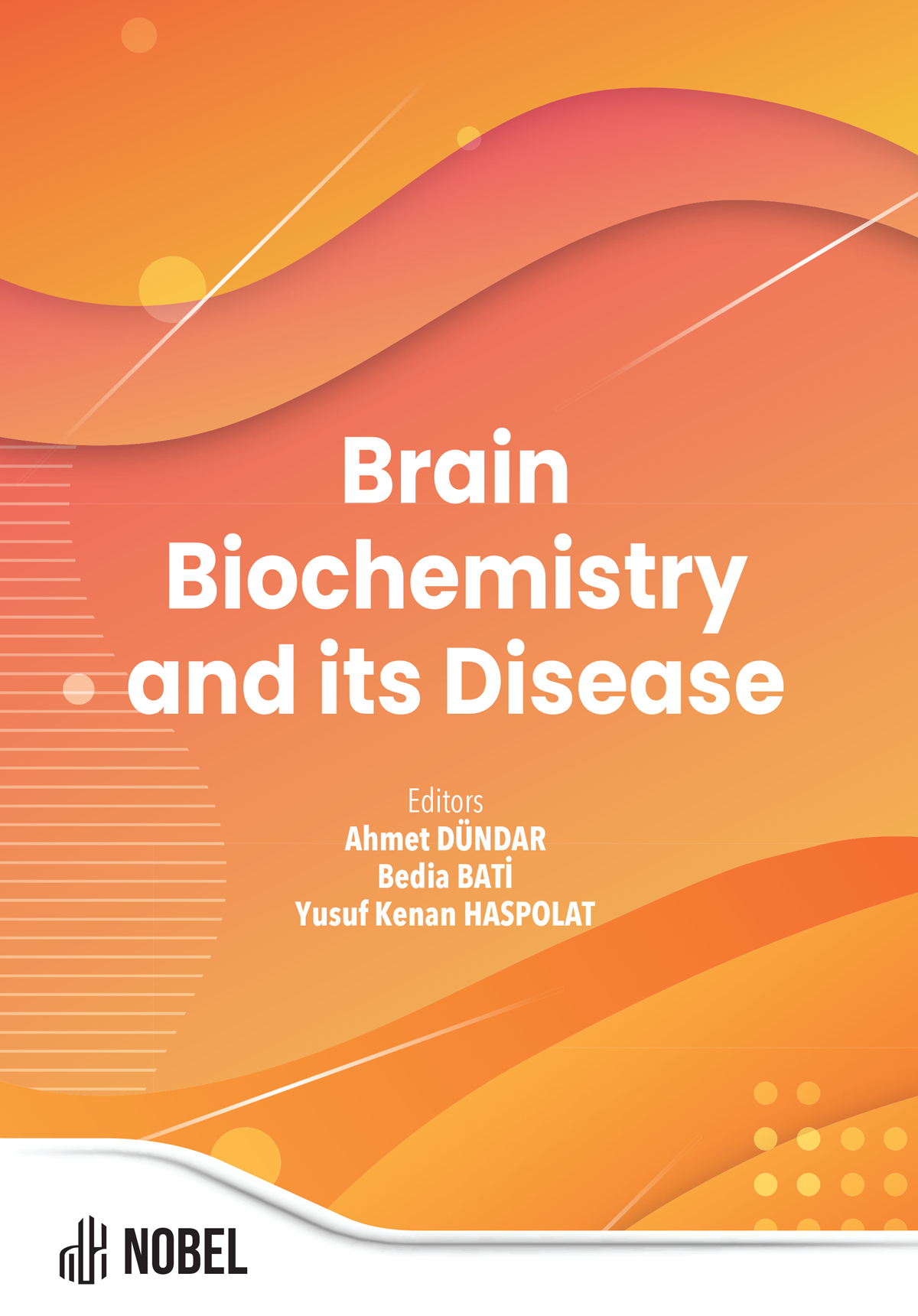Oxytocin
No contributors found.
Release Date: 2024-06-12
Oxytocin is a peptide hormone secreted from the posterior pituitary. Its best-known function is to increase milk secretion in breastfeeding women. It can be used pharmacologically to induce uterine contractions and sustain labour. However, it is thought that its contribution to birth is minimal at physiologically normal blood levels. This hormone, which acts as a [...]


